Introduction
In the realm of gaming, few names are as iconic and cherished as Nintendo. For decades, this Japanese gaming company has gifted us memorable franchises like Super Mario, The Legend of Zelda, and Pokémon. But, as the gaming world evolves, so does the discourse around Nintendo. Enter the contentious phrase, “Nintendo sucks.” In this article, we’ll delve deep into this polarizing topic, addressing concerns, controversies, and exploring why some gamers have fallen out of love with the beloved brand.
Read Also God Of War Ragnarok Shores Of Nine Artifacts
The Genesis of Dissatisfaction
When it comes to the world of gaming, Nintendo has long held a special place in our hearts. From the revolutionary NES to the groundbreaking Nintendo Switch, they’ve consistently produced consoles and games that defined entire generations. So, why the dissatisfaction?
A Stale Repertoire
Nintendo Sucks because, for some gamers, it feels like they’ve been rehashing the same franchises for decades. While nostalgia has its charm, a lack of innovation can lead to fatigue. Players yearn for fresh experiences and question if Nintendo is stuck in the past.
Online Woes
The transition to online gaming has not been smooth for Nintendo. Limited online features, frustrating friend code systems, and a lack of dedicated servers have left gamers frustrated. This has led to the sentiment that “Nintendo sucks” in the realm of online gaming.
Supply Shortages
Nintendo’s history is rife with supply shortages for their consoles. The infamous scarcity of the NES Classic and Nintendo Switch during their respective launches has angered fans. This recurrent issue has fueled the frustration surrounding the company.
Overprotective Copyright Policies
Nintendo’s stringent copyright policies have irked content creators on platforms like YouTube. The company’s aggressive stance on copyright enforcement has often stifled creativity and left fans feeling unfairly treated.
The Controversial Decisions
Nintendo’s journey is not without its share of controversial choices. These decisions have played a significant role in shaping the negative perception of the company.
Limited Virtual Console Library
The discontinuation of the Virtual Console service on the Switch disappointed fans who enjoyed revisiting classic titles. This decision left a void that has yet to be properly filled, fueling the sentiment that “Nintendo sucks” in terms of virtual retro gaming.
Joy-Con Drift
A pervasive hardware issue, Joy-Con drift, has plagued many Nintendo Switch owners. The company’s initial response to the problem was lackluster, leading to widespread frustration and the belief that Nintendo was neglecting its responsibilities.
Limited Third-Party Support
While Nintendo’s first-party titles shine brightly, the lack of consistent third-party support has left some gamers feeling isolated. The absence of popular cross-platform games on Nintendo consoles reinforces the notion that “Nintendo sucks” in this regard.
Read Also Depulso Puzzle Room 2
The Polarized Fanbase
The gaming community is diverse, and so are opinions about Nintendo. While some vehemently declare “Nintendo sucks,” others remain loyal fans. This division has fostered passionate debates within the gaming community.
The Defender’s Perspective
Die-hard Nintendo fans argue that the company’s commitment to quality, creativity, and family-friendly gaming should be celebrated. They acknowledge imperfections but believe that Nintendo’s charm far outweighs its shortcomings.
The Dissenter’s Dilemma
Critics, on the other hand, point out Nintendo’s reluctance to adapt to changing gaming landscapes. They argue that the company’s stubbornness and lack of communication exacerbate issues and validate the notion that “Nintendo sucks.”
The Future of Nintendo
As we navigate through the debate of whether “Nintendo sucks,” it’s essential to consider the future of this gaming giant. Nintendo has a long history of surprising its fans with innovative and unexpected moves.
Nintendo Switch: A Game-Changer
The Nintendo Switch, despite criticisms, has been a game-changer in the industry. Its hybrid design, allowing for both handheld and console gaming, has revitalized Nintendo’s position in the market. With its extensive library of titles, it has become a versatile platform beloved by millions.
Upcoming Titles
Nintendo has several highly anticipated titles on the horizon, such as “The Legend of Zelda: Breath of the Wild 2” and “Metroid Prime 4.” These titles have the potential to reinvigorate the fanbase and silence some of the “Nintendo sucks” critics.
Expanding into Mobile
Nintendo’s ventures into mobile gaming have been met with mixed success, but they show the company’s willingness to adapt. Games like “Mario Kart Tour” and “Fire Emblem Heroes” have found their audience on smartphones, broadening Nintendo’s reach.
Read Also Shores Of Nine Artifacts
A Positive Outlook
While it’s crucial to acknowledge the criticisms, it’s equally important to highlight Nintendo’s enduring qualities that continue to draw gamers in.
Iconic Franchises
Nintendo’s stable of beloved franchises, including Mario, Zelda, and Pokémon, remains unparalleled in the gaming world. These titles consistently deliver high-quality experiences that capture the imagination of players young and old.
Innovation and Creativity
Nintendo’s knack for innovation has given us groundbreaking consoles like the Wii and the Switch. The company’s commitment to unique gameplay experiences often sets it apart from competitors.
Family-Friendly Gaming
For many families, Nintendo is synonymous with wholesome, family-friendly gaming. The company’s dedication to creating games suitable for all ages has earned them a dedicated following of parents and children.
FAQs
Why do some people think Nintendo sucks?
Some gamers believe Nintendo has failed to innovate and adapt to modern gaming trends, leading to dissatisfaction.
What is Joy-Con drift?
Joy-Con drift is a hardware issue on the Nintendo Switch where the control sticks register movement even when not touched, causing in-game problems.
Is Nintendo’s copyright enforcement too strict?
Many content creators feel that Nintendo’s copyright policies are excessively restrictive and hinder their creative expression.
Why does Nintendo have supply shortages?
Nintendo’s supply shortages are often attributed to high demand and their cautious approach to production.
Does Nintendo offer online multiplayer gaming?
Yes, Nintendo provides online multiplayer gaming, but some players find their online services lacking compared to competitors.
Is Nintendo losing its touch in the gaming industry?
Opinions on this vary, with some believing that Nintendo’s unique approach sets them apart, while others feel they are falling behind in certain areas.
Read Also D2 Armor Picker
Conclusion
In the world of gaming, opinions are as diverse as the games themselves. While some firmly believe that “Nintendo sucks,” it’s essential to recognize that the gaming giant continues to hold a special place in the hearts of millions. Nintendo’s journey is one of evolution and adaptation, with both triumphs and stumbles along the way. Ultimately, whether Nintendo sucks or not is a matter of personal perspective, and it’s a topic that will continue to spark lively debates within the gaming community.
So, does “Nintendo sucks” hold any truth? The answer, like many things in the gaming world, is complex. Nintendo has faced its fair share of criticism and controversy, but it has also continued to deliver moments of gaming magic that remind us why we fell in love with them in the first place.
As the gaming landscape evolves, so will Nintendo. They will continue to adapt, innovate, and surprise us, leaving us with moments of joy and frustration. Ultimately, whether Nintendo sucks or shines brilliantly is a matter of personal perspective, and that’s what makes the gaming community so diverse and vibrant.
Whether you’re a fervent fan defending the company’s honor or a disillusioned gamer wishing for change, one thing remains true: Nintendo’s influence on the gaming industry is undeniable, and its legacy is still being written.

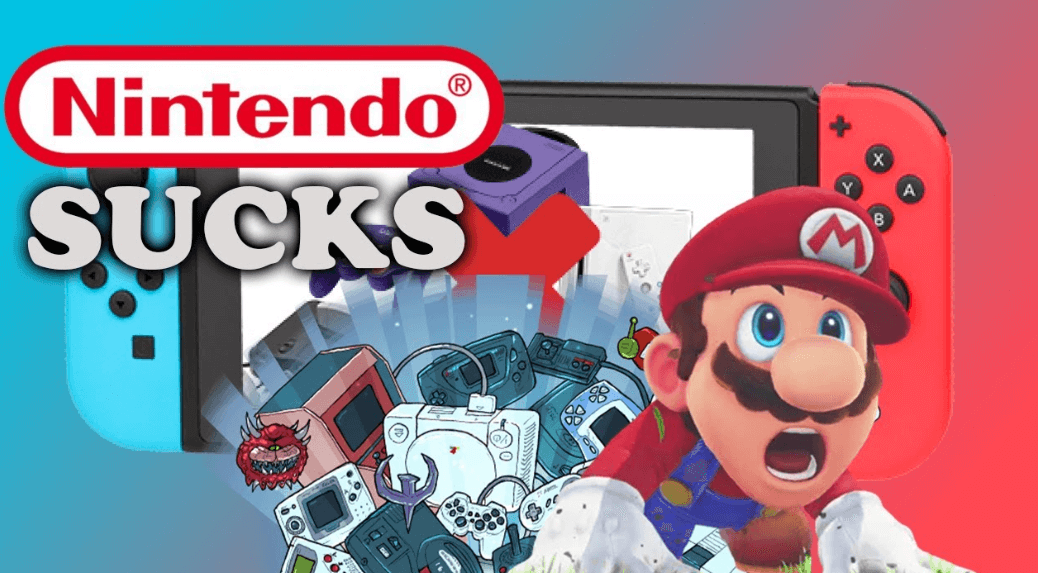
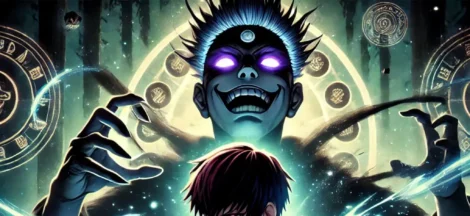
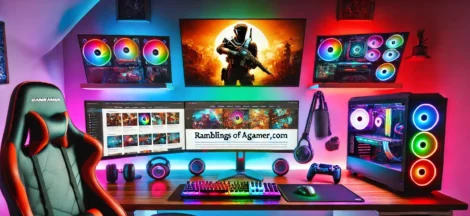
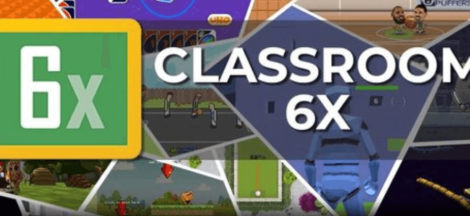
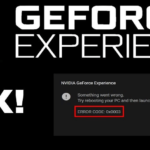 Error Code 0x0003 Geforce Experience Reddit
Error Code 0x0003 Geforce Experience Reddit